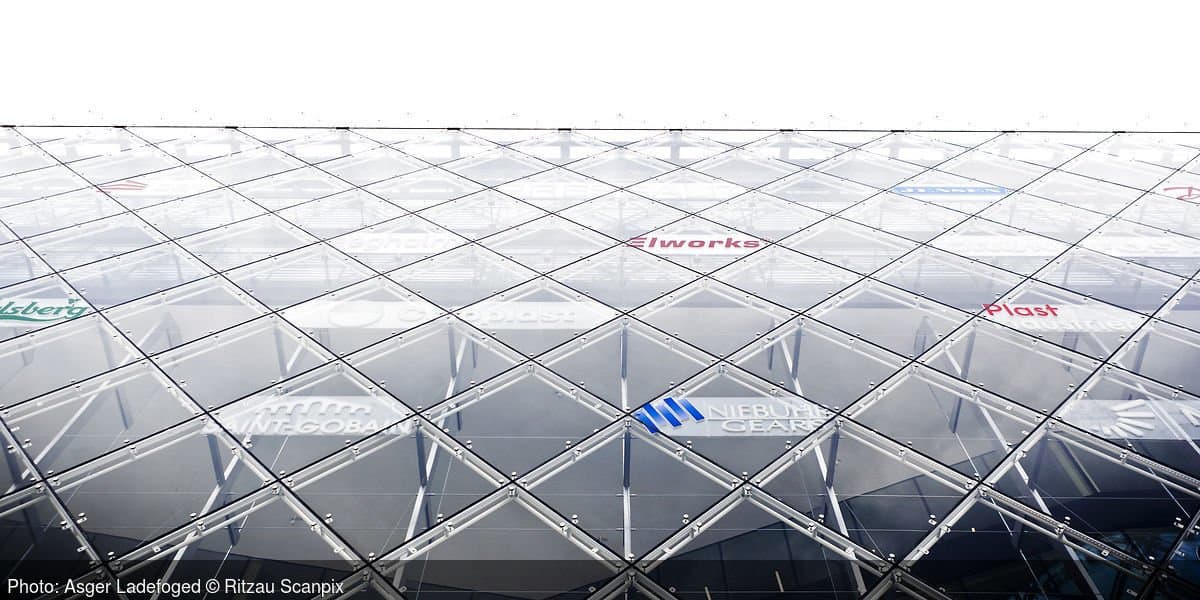Capital funds outperform industrial buyers. Low interest rates make it easier for private equity funds to bring home a deal, and the demand for globalisation of companies favours expansion-oriented private equity funds at the expense of more operation-oriented industrial buyers, trade editor Carsten Steno writes on the intensified trend.
More and more of the biggest corporate deals in Denmark are now between private equity funds. In the first half of 2021, for example, Molslinjen was sold by the medium-sized private equity fund Polaris to the large Swedish listed private equity fund EQT. And the DIY chain Stark has been sold by the American private equity fund Lone Star to the British CVC.
The trend was reinforced over the summer when Polaris sold IT consultancy Prodata to another Danish private equity firm, Axcel, after three years of ownership. Similarly, the mid-cap fund Blue Equity has sold Bramidan, a manufacturer of waste treatment plants, to Zefyr Invest, a private equity-like investment community of wealthy Jutlanders.
SPEEDING UP GLOBALISATION
In the statistics, the majority of deals in private equity portfolio companies still take place with industrial buyers as the dominant ones. But contemporary trends now favour more deals between private equity funds.
Robert Spliid, who has written a book on private equity, points out that low interest rates make it easier for private equity to win a deal because deals are typically financed with borrowed money, whereas industrial buyers are more likely to use their own funds, for which investors and owners have a higher return requirement.
In addition, despite political resistance, rising trade barriers and corona tensions for international logistics, globalisation is still going full steam ahead at company level. More and more Danish companies are seeking to exploit this trend, which is creating new business cases that private equity funds are constantly on the lookout for.
Danish companies that are bought for the first time by a private equity fund typically have a business case where consolidation of an industry or the beginnings of internationalisation are the driving force behind the value creation that private equity funds are after. But as companies grow, a global presence in markets becomes a must.
This is specifically true in IT. The Polaris sale of Prodata is a good example. During the three years of Polaris ownership, a number of smaller consultancies have been bought up – some in Denmark, some in Sweden. Under the new Axcel ownership, the task is to turn Prodata into a European IT consultancy.
But the trend is not just in IT. When Polaris bought Molslinjen and delisted the company, the aim was to create a large Danish ferry company. They succeeded. Under EQT, which acquired Molslinjen this spring, the aim is to turn Molslinjen into a European ferry company.
“We see that private equity-owned portfolio companies still have a development potential in terms of size, geography and/or product, where investment-oriented private equity funds have greater competences than more operation-oriented industrial companies,” Robert Spliid explains.
THE CAPITAL STRENGTHS HAVE AN ADVANTAGE
Over the summer, there has also been a lot of activity in private equity-owned portfolio companies, which are betting on the buy and build strategy, where the aim is to consolidate an industry.
“It’s part of the post-Corona era to turbo-charge consolidation processes and take advantage of the opportunities that cash-rich companies have because they raise money easily,” M&A specialist Frederik Aakard says.
This summer’s M&A activity in the private equity space also prompts some further observations:
1) Increasingly more are focusing on the service industries. Axcel’s purchase of a chain of veterinary clinics is one example. There is good cash flow here, which is independent of the economic cycle, and there are great opportunities for consolidation.
2) There are still old problems that funds are carrying with them. For example Bonbon-land, which is costing the Dutch owners dearly. Corona plays a small role, but it is a case that also had problems before Corona. Similarly, Industri Kapital has lost big money on Claus Meyer’s catering business.
3) If you can afford to wait long enough to sell, it can pay off – Catacap’s sale of CASA to a German real estate fund proves that. CASA is Catacap’s first exit since the fund was founded in 2013.
Carsten Steno
Would you like to read more articles in English? Find them here: Our articles in English











